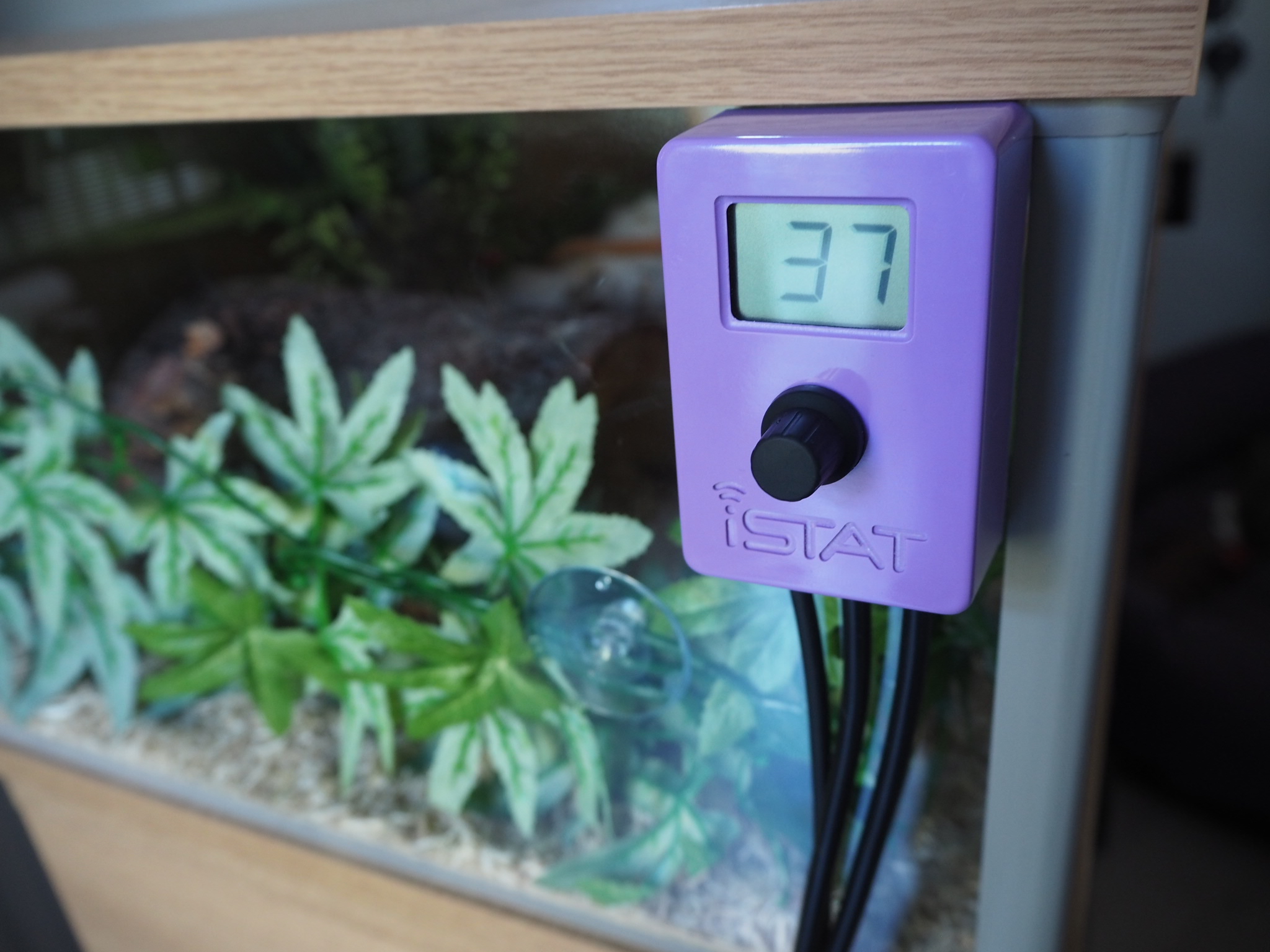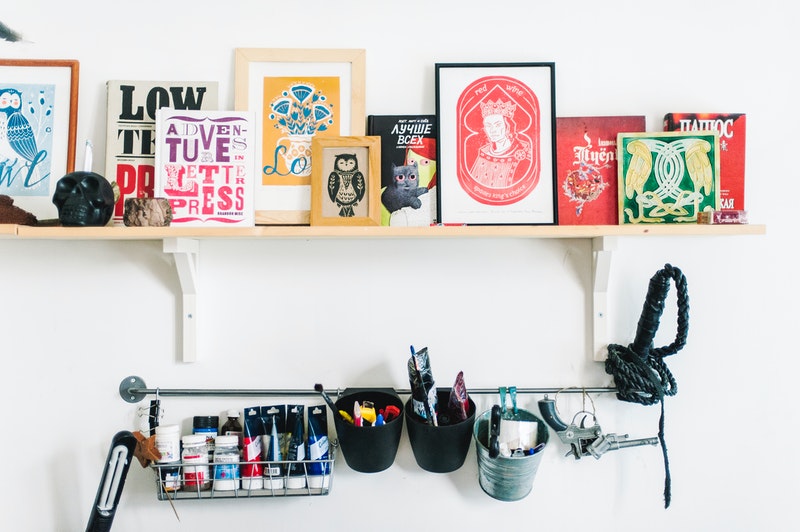The Importance of Comfort in the Workplace

Comfort in the workplace intertwines luxury with the productivity tool. When people feel physically at ease, they work better, think more clearly, stay focused longer, and experience less stress.
However, when the environment is too cold, too hot, or too humid, IT performance drops, and discomfort becomes a distraction. Businesses that want to improve output need to pay close attention to their physical spaces.
A few key adjustments can make a big difference.
Temperature Impacts Focus and Energy
One of the biggest factors in workplace comfort is temperature. When rooms are too cold, employees feel sluggish; when they’re too warm, they lose focus.
Studies show that productivity peaks when indoor temperatures are between 20-22 degrees Celsius. Even small temperature shifts outside this range can cause typing errors and slower response times.
This matters even more in spaces like churches, poles, and converted buildings where heating is inconsistent or outdated. That’s where working with a church heating specialist can help.
These experts understand how to warm large, often complex spaces efficiently. They design systems that distribute heat evenly, reduce energy waste, and maintain comfort throughout the day.
Upgrading heating systems isn’t just about warmth; it’s about keeping people alert, engaged, and ready to work.
Seating and Layout Affect Mood
Comfortable seating, good lighting, and thoughtful layouts also play a role in productivity. Ergonomic chairs reduce back and neck strain, while adjustable desks support better posture.
Natural lighting improves mood and cuts down on fatigue. Even a small plant or quiet corner can reduce stress and increase concentration.
Open spaces encourage collaboration, while private nooks support deep work. A balanced design lets people choose what works best for their tasks. Comfort is personal, but flexibility lets teams thrive.
Noise Levels Influence Efficiency
Noise is another hidden drain on productivity. Background conversations, equipment noise, or street traffic can break focus repeatedly.
Sound-absorbing materials like carpets, ceiling tiles, and partitions reduce distractions. Quiet rooms for courts or deep work also help.
Giving people control over their sound environment through headphones, white noise machines, or quiet zones helps them stay in the zone longer.
Break Areas and Movement Improve Output
Short breaks restore energy, and spaces that encourage movement—even a short walk or stretch—help reduce mental fatigue.
Brain areas with comfortable seating, natural light, and minimal distractions give employees a real chance to recharge. The result? Better ideas and sharper thinking when they return to work.
Comfort as an Investment
Comfort is an investment, not a perk. Improving the workplace environment pays off; employees become more productive, more engaged, and less likely to burn out.
For businesses looking to improve temperature control, working with a church heating specialist ensures a tailored, effective solution. These specialists design heating systems that keep energy use low and comfort levels high.
Productivity starts with how people feel. Create a space where they feel good, and the results will follow. What changes can you make today to create a more comfortable, productive place to work?





